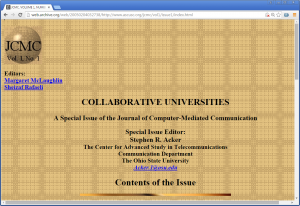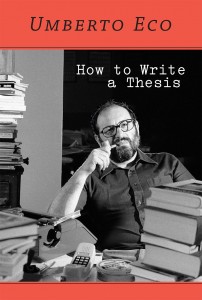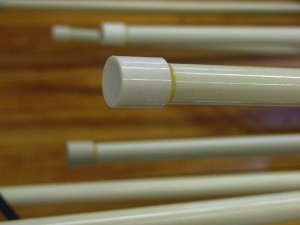Should You Boycott Traditional Journals?
Monday, March 30th, 2015(Or, Should I Stay or Should I Go?)
Is it time to boycott “traditional” scholarly publishing? Perhaps you are an academic researcher, just like me. Perhaps, just like me, you think that there are a lot of exciting developments in scholarly publishing thanks to the Internet. And you want to support them. And you also want people to read your research. But you also still need to be sure that your publication venues are held in high regard.
Or maybe you just receive research funding that is subject to new open access requirements.
Academia is a funny place. We are supposedly self-governing. So if we don’t like how our scholarly communications are organized we should be able to fix this ourselves. If we are dissatisfied with the journal system, we’re going to have to do something about it. The question of whether or not it is now time to eschew closed access journals is something that comes up a fair amount among my peers.
It comes up often enough that a group of us at Michigan decided to write an article on the topic. Here’s the article. It just came out yesterday (open access, of course):
Carl Lagoze, Paul Edwards, Christian Sandvig, & Jean-Christophe Plantin. (2015). Should I stay or Should I Go? Alternative Infrastructures in Scholarly Publishing. International Journal of Communication 9: 1072-1081.
The article is intended for those who want some help figuring out the answer to the question the article title poses: Should I stay or should I go? It’s meant help you decipher the unstable landscape of scholarly publishing these days. (Note that we restrict our topic to journal publishing.)
Researching it was a lot of fun, and I learned quite a bit about how scholarly communication works.
- It contains a mention of the first journal. Yes, the first one that we would recognize as a journal in today’s terms. It’s Philosophical Transactions published by the Royal Society of London. It’s on Volume 373.
- It should teach you about some of the recent goings-on in this area. Do you know what a green repository is? What about an overlay journal? Or the “serials crisis“?
- It addresses a question I’ve had for a while: What the heck are those arXiv people up to? If it’s so great, why hasn’t it spread to all disciplines?
- There’s some fun discussion of influential experiments in scholarly publishing. Remember the daring foundation of the Electronic Journal of Communication? Vectors? Were you around way-back-in-the-day when the pioneering, Web-based JCMC looked like this hot mess below? Little did we know that we were actually looking at the future.(*)
(JCMC circa 1995)
(*): Unless we were looking at the Gopher version, then in that case we were not looking at the future.
Ultimately, we adapt a framework from Hirschman that we found to be an aid to our thinking about what is going on today in scholarly communication. Feel free to play this song on a loop as you read it.
(This post has been cross-posted on The Social Media Collective.)



